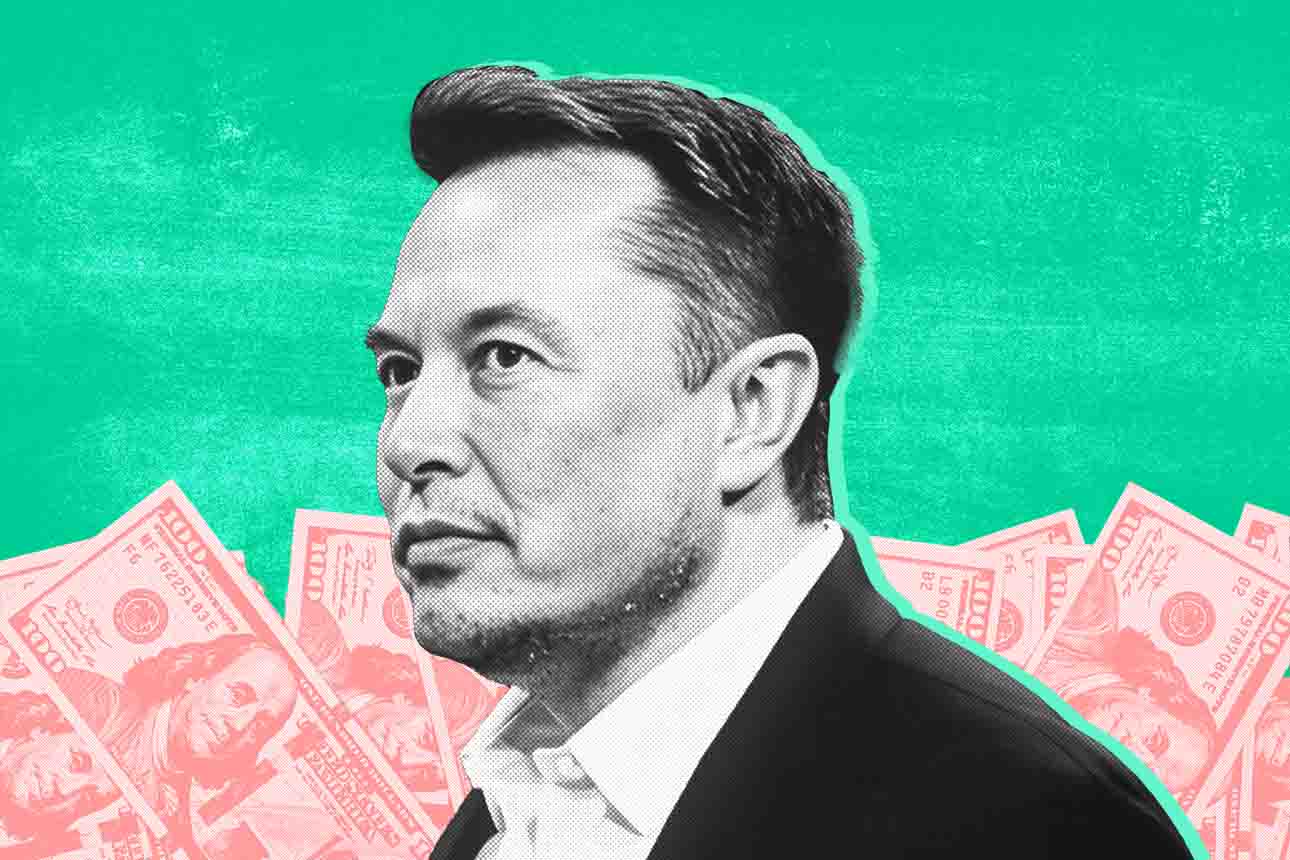Tesla Backs Musk’s Trillion-Dollar Vision With New Pay Deal
The pay package, tied to 12 milestones, could raise Elon Musk’s Tesla stake from 13% to 25%, but only if every target is met.
News
- Adani Power Sets Up Nuclear Subsidiary
- Musk Unveils xAI Overhaul, Lunar AI Ambitions
- Former GitHub CEO Dohmke Raises $60 Million to Build AI Code Infrastructure
- Leadership Shakeup Deepens at xAI as Two Co Founders Exit
- India Slashes Social Media Takedown Window to Three Hours
- Cisco Moves to Relieve AI Data Center Gridlock With New Chip

A majority of Tesla shareholders voted in favor of a new compensation plan for Elon Musk at the company’s annual meeting in Austin, Texas, approving a performance-linked pay package that could reach nearly $1 trillion if all conditions are met.
The package consists of 12 tranches of stock options, each tied to specific operational and financial milestones. These include raising Tesla’s market valuation from its current level of just over $1 trillion to $8.5 trillion, achieving annual adjusted Ebitda of up to $400 billion, and delivering 20 million vehicles. Additional goals involve deploying 1 million fully autonomous robotaxis and 1 million humanoid robots, signaling a significant expansion beyond Tesla’s core automotive business.
To qualify for the full payout, Musk must continue serving as Tesla’s chief executive and remain vested in the company for at least seven-and-a-half years. He is also expected to help craft a long-term succession plan, a move that addresses concerns about the concentration of leadership.
Tesla’s board warned investors ahead of the vote that Musk might walk away from the company if he did not receive what it called adequate assurances of control and alignment.
The board argued that the new compensation plan was essential to retain Musk during a period of strategic transformation, as Tesla seeks to become a global leader in artificial intelligence, robotics, and energy.
At the meeting, Musk addressed shareholders with a typically grand vision. He said Tesla was not merely turning a page, but beginning what he called “a whole new book,” with plans that reach well beyond electric vehicles.
He outlined a roadmap that includes the launch of a two-seater autonomous robotaxi called the Cybercab, the revival of the Tesla Roadster sports car, and the construction of a large-scale chip fabrication facility to produce in-house AI processors.
He added that Tesla was in discussions with Intel about a potential collaboration on this chip project, although no agreement has been finalized.
Musk told investors that Tesla should be viewed not just as a carmaker, but as a technology firm focused on solving autonomy and scaling AI.
He emphasized that anyone who doubts the company’s ability to achieve full self-driving should probably not be an investor.
Despite strong support from retail shareholders, several major institutional investors voted against the plan.
These included Norway’s sovereign wealth fund, as well as large public pension funds in the US. Proxy advisory firms such as Institutional Shareholder Services and Glass Lewis also recommended a no vote, citing concerns over governance, shareholder dilution, and the sheer scale of the payout.
Even so, the measure passed with more than 75% approval. If Tesla meets all of the outlined targets, Musk’s ownership could increase from around 13% to about 25%.
That would give him an additional 423 million shares, potentially worth $1 trillion if the company’s valuation reaches the $8.5 trillion mark.
According to Bloomberg’s Billionaires Index, Musk’s current net worth is estimated at $473 billion, with the bulk of his wealth tied to Tesla, his space firm SpaceX, and his AI venture xAI.
This shareholder vote gives Musk a powerful mandate to pursue his long-term vision. It also reaffirms investor confidence in his leadership, even as Tesla prepares to navigate one of the most ambitious phases in its two-decade history.






